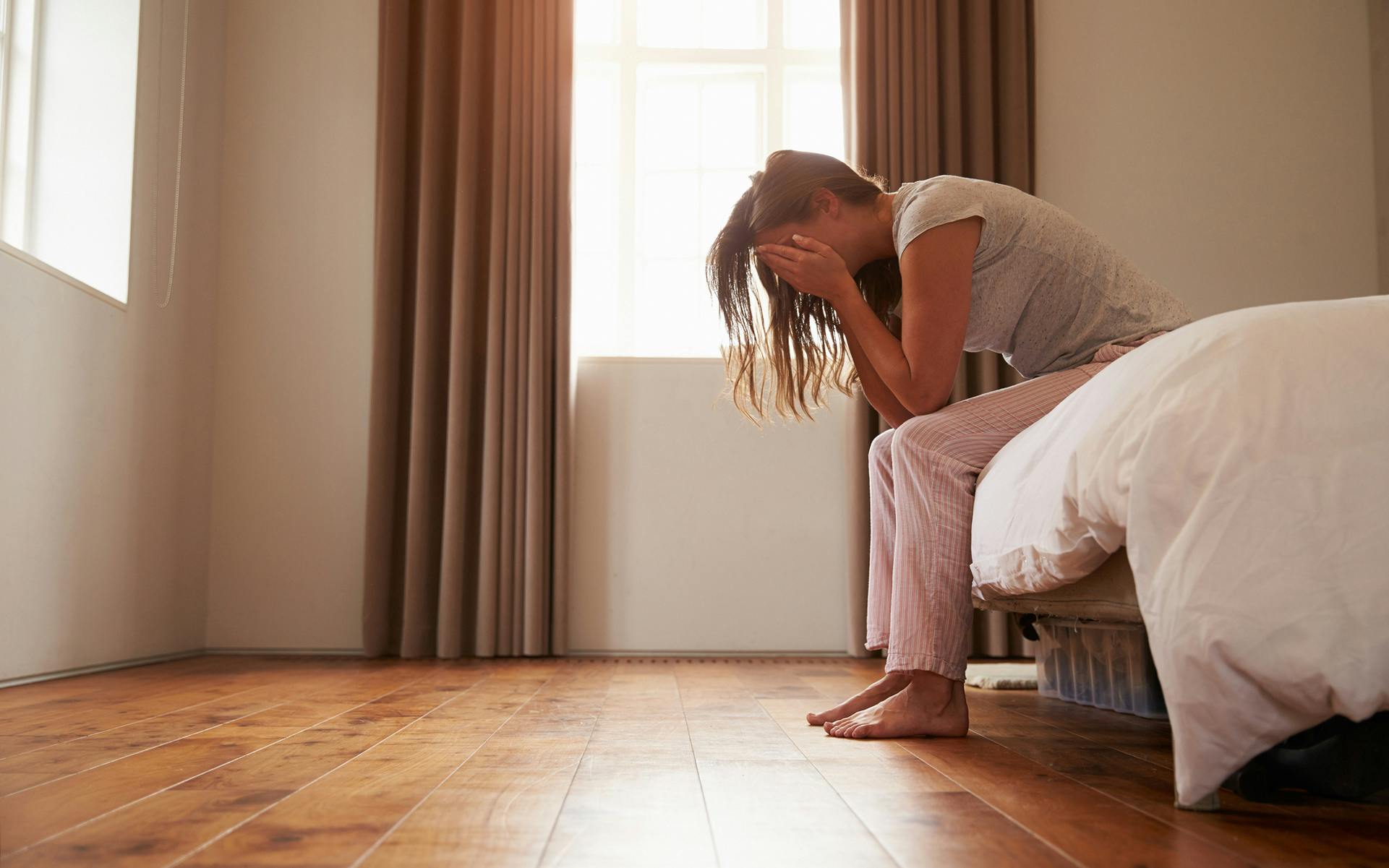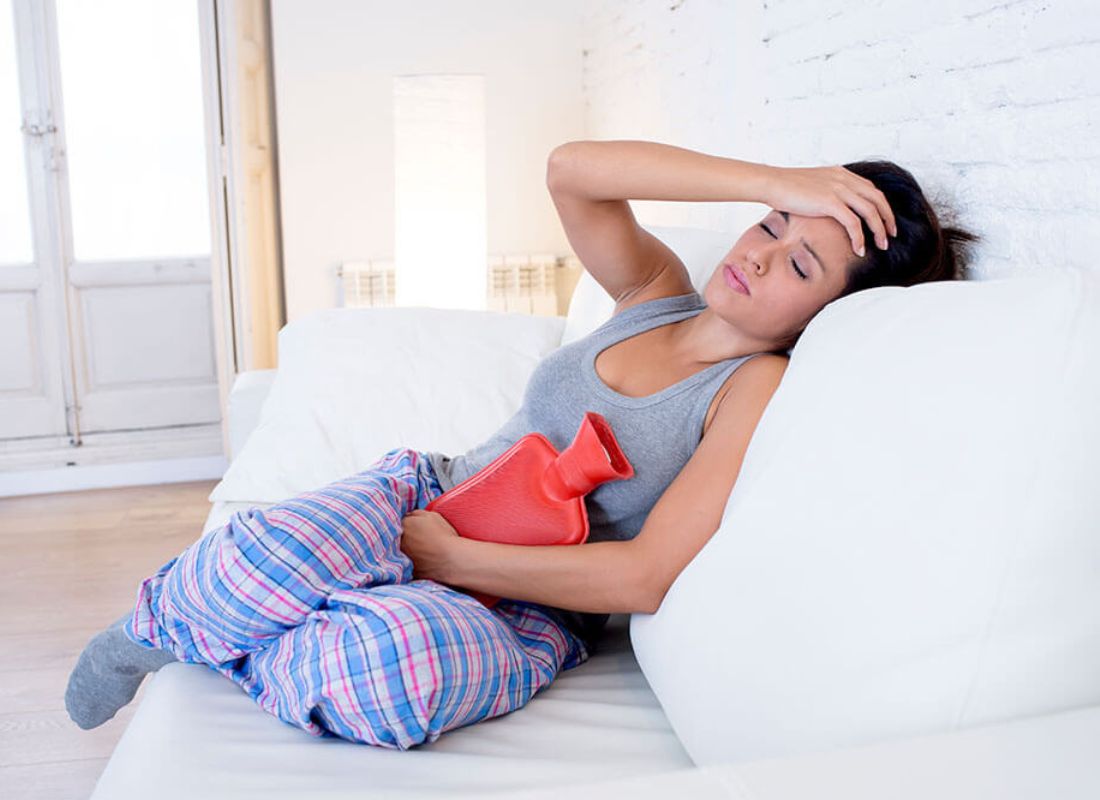Women are twice as likely to experience insomnia or insomnia like symptoms during their premenstrual syndrome pms both before and during their period

Women’s Hormonal Changes and Insomnia during PMS


When it comes to the effects of premenstrual syndrome (PMS) on women’s lives, insomnia or insomnia-like symptoms have been observed to be twice as likely to occur in women during this time. PMS refers to a variety of physical and emotional symptoms that occur before and during a woman’s menstrual period. These symptoms can range from bloating and mood swings to headaches and fatigue.
One of the most distinct challenges for women experiencing PMS is the impact on their sleep quality. Research suggests that hormonal changes during the menstrual cycle can disrupt the body’s natural sleep patterns. This disruption can lead to difficulties falling asleep, staying asleep, and achieving a restful night’s sleep.
During the luteal phase of the menstrual cycle, which occurs after ovulation and before menstruation, estrogen and progesterone levels fluctuate significantly. These hormonal changes can influence the production of sleep-regulating neurotransmitters such as serotonin and gamma-aminobutyric acid (GABA). Imbalances in these neurotransmitters can disrupt the sleep-wake cycle, resulting in insomnia or insomnia-like symptoms.
The relationship between PMS and insomnia is complex and multifactorial. Physical discomfort and pain caused by PMS can make it challenging for women to find a comfortable sleeping position. Additionally, psychological factors such as stress, anxiety, and mood swings can further contribute to sleep disturbances.
To alleviate the impact of PMS-related insomnia, it is essential for women to prioritize their sleep hygiene and establish a consistent sleep routine. This may involve creating a comfortable sleep environment, practicing relaxation techniques before bed, and avoiding stimulants like caffeine and electronics close to bedtime.
In addition to lifestyle changes, seeking professional help can be beneficial for women experiencing severe insomnia symptoms during PMS. Healthcare providers may recommend medications that can help regulate sleep or suggest further evaluation if an underlying sleep disorder is suspected.
It’s important for women to remember that they are not alone in experiencing PMS-related insomnia. Many women face this challenge, and by understanding the connection between hormones and sleep, they can take steps to manage and improve their sleep quality during this time.
In conclusion, women are indeed twice as likely to experience insomnia or insomnia-like symptoms during PMS. Understanding the hormonal changes and their impact on sleep can empower women to seek appropriate support and make adjustments to their sleep routine, ultimately improving their well-being and overall quality of life.
Sources:
Tags
Share
Related Posts
Quick Links
Legal Stuff

